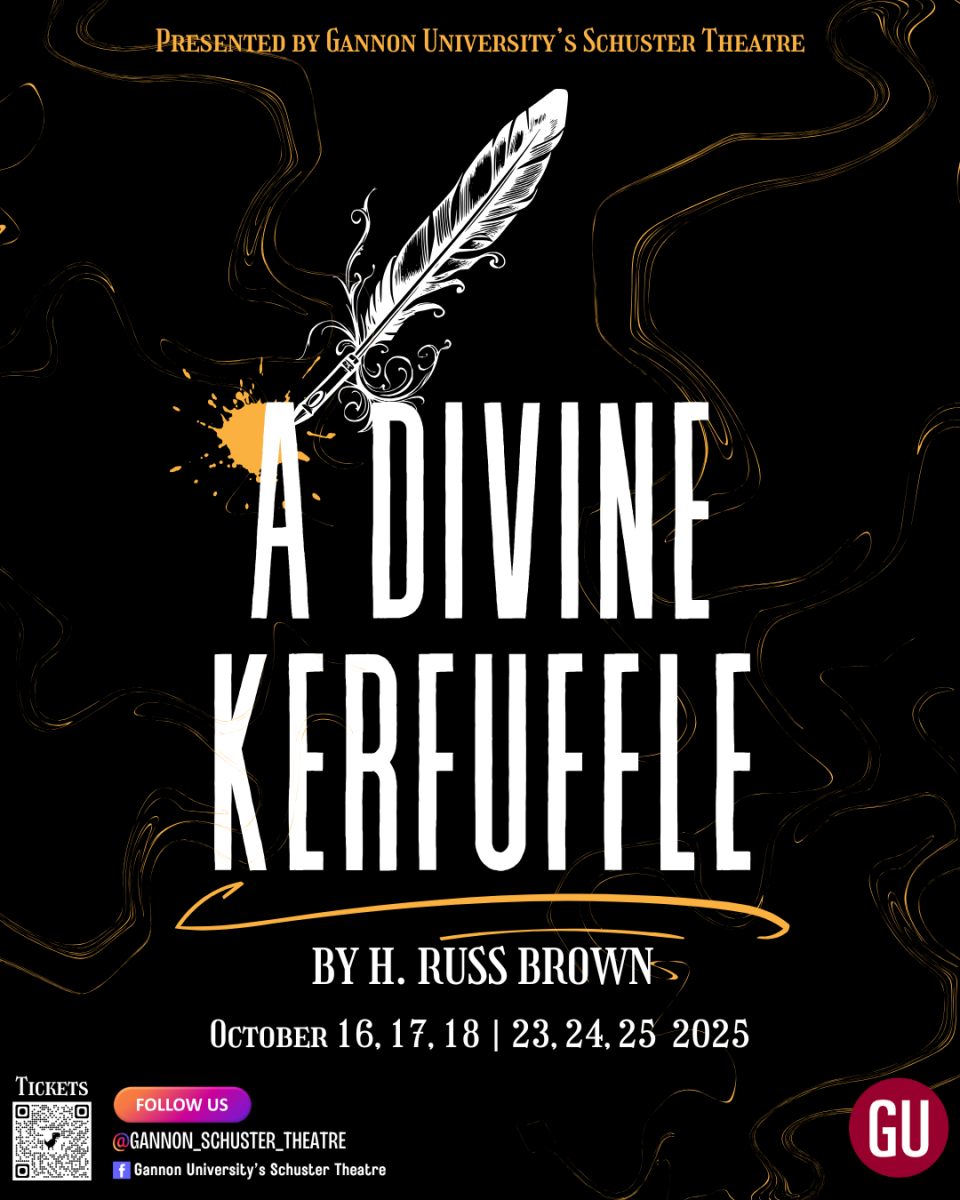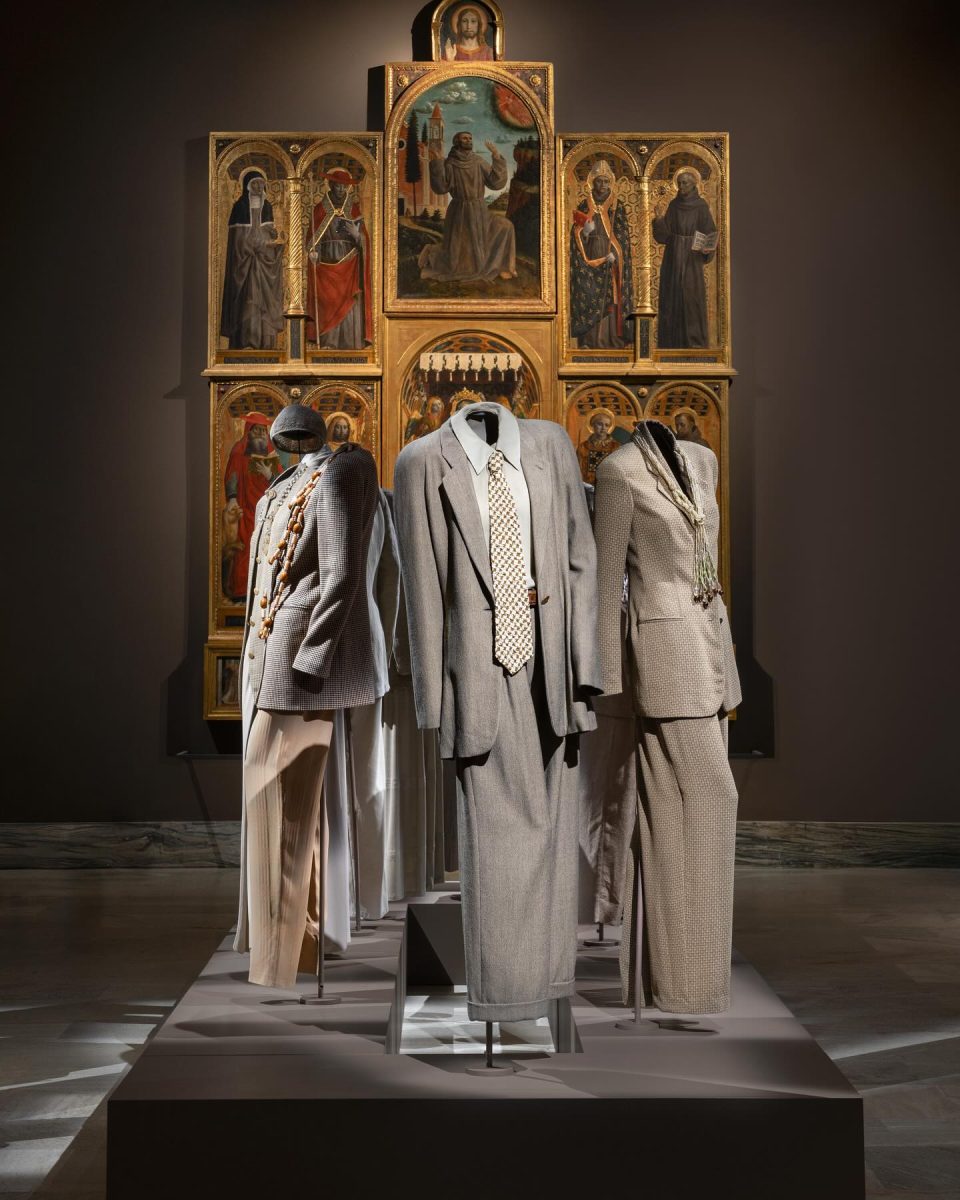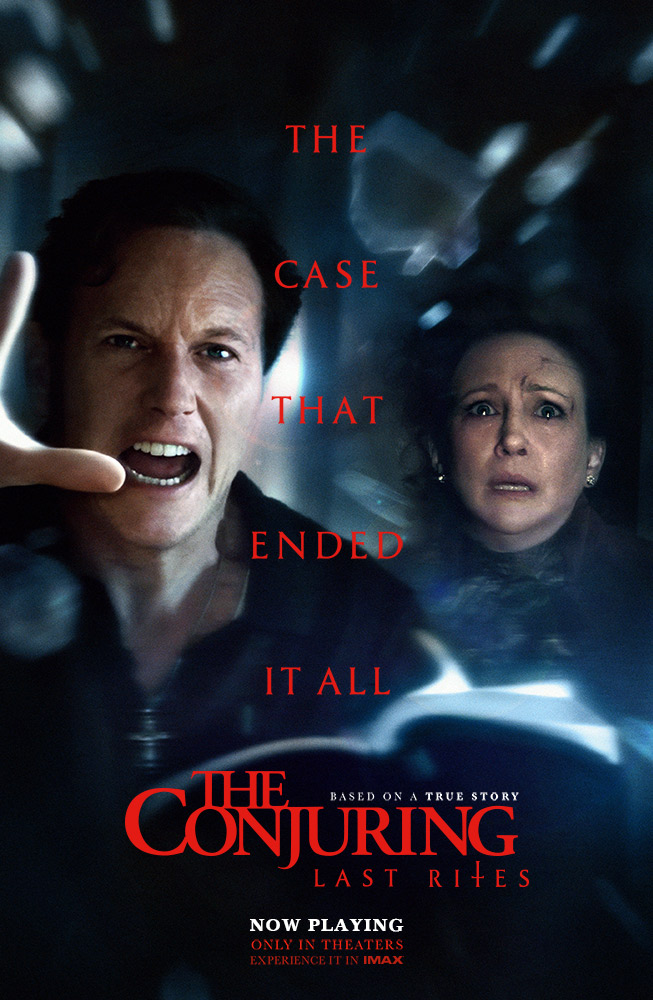In 2002, Conor Oberst released his opus “Lifted or the Story is in the Soil, Keep Your Ears to the Ground.”
Since that time, he has attempted country-tinged rock and electronica-based tunes.
On Bright Eyes’ seventh studio album, “The People’s Key,” he moves away from all that into something streamlined and modern.
“The People’s Key” is the first album Oberst – along with official members Mike Mogis and Nate Walcott – has released as Bright Eyes since 2007’s “Cassadaga.”
It is said to be the final album he will release under the Bright Eyes moniker.
Released on Feb. 15 – Oberst’s 31st birthday – “The People’s Key” draws influence from such varied sources as Rastafarianism and Ray Kurzweil’s book “The Age of Spiritual Machines.”
The album references the Rastafari movement in its mentions of the Lions of Judah and Haile Selassie.
Gone are the days of songs about lost love, early-20s angst and politics.
“Firewall” opens the album with a man talking about Sumerian tablets and reptilians, a race of aliens that has supposedly infiltrated humanity.
The mysticism found on “Cassadaga” continues here. Oberst’s voice floats over reverberating guitars and marching drums.
He throws around two-dollar words like “caterwaul” and uses impenetrable lyrics: “I and I make toasts to the Caesars/Forcing down the dregs of Decembers.”
Lead single “Shell Games” marks the first time that synthesizers are prominent in a Bright Eyes song, courtesy of Walcott.
The track would fit perfectly on the 2005 release “Digital Ash in a Digital Urn,” Oberst’s first foray into techno. It also features the legitimately catchy chorus of “Here it comes, that heavy love/I’m never gonna move it alone.”
“Jejune Stars” is frenetic and danceable. It’s clear that in this song, Oberst’s voice, which could have previously been classified as unlistenable, has turned into more than his famous warble.
Typical Oberstian imagery abounds on “Approximated Sunlight.”
His voice is eerily doubled as he sings about how “the quinceanera dress she bought/Was unstitched with bullets.”
“A Machine Spiritual (In the People’s Key)” is directly influenced by Kurzweil’s esoteric work, which describes a future when humans no longer exist and become spiritual machines.
“The Age of Spiritual Machines,” Kurzweil’s book, predicts the future course of humanity, relating to the development of artificial intelligence and its impact on human consciousness.
The track references the book when Oberst sings “Impart to me your wisdom and eventually/I’ll float into the ether, another from another we grow.”
Oberst isn’t the first to be inspired by Kurzweil’s predictions – in 2000, Our Lady Peace released a concept album titled “Spiritual Machines,” which included narration by Kurzweil.
On “Triple Spiral,” Mogis provides crunchy guitars, a rarity on Bright Eyes albums.
Handclaps give the song an optimistic bounce, hearkening back to the late-‘90s indie scene.
The piano-based “Ladder Song” most resembles the previous Bright Eyes oeuvre.
Oberst philosophizes that “You’re not alone in anything/You’re not alone in dying.”
He no longer screams his pain; it’s softly sung and carefully penned.
There’s a real emotion in his voice that has been missing from his more recent albums with the Mystic Valley Band.
The album’s closer, “One for You, One for Me,” is its best track. Oberst’s female fans are sure to plaster “You and me/That is an awful lie/It’s I and I” on their notebooks.
Swirling keyboards and echoing drums pull the song together.
“The People’s Key” is Bright Eyes’ strongest release since 2005’s “I’m Wide Awake, It’s Morning.”
Listeners will reach for their dictionaries when Oberst uses words such as “cenote” and “oscilloscopes.”
A little vocabulary expansion is never a bad thing.
It’s just sad that “The People’s Key” is purported to be the final Bright Eyes album.
Oberst is only getting better with age, and it will be interesting to see where he goes from here.







